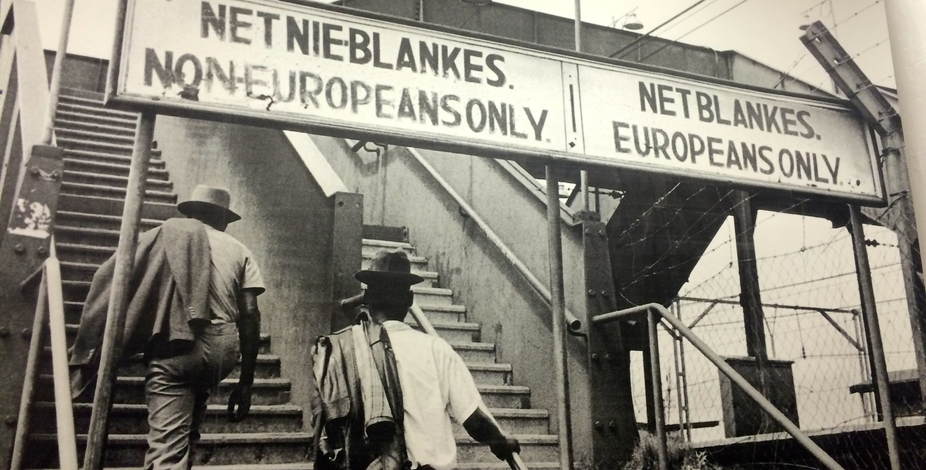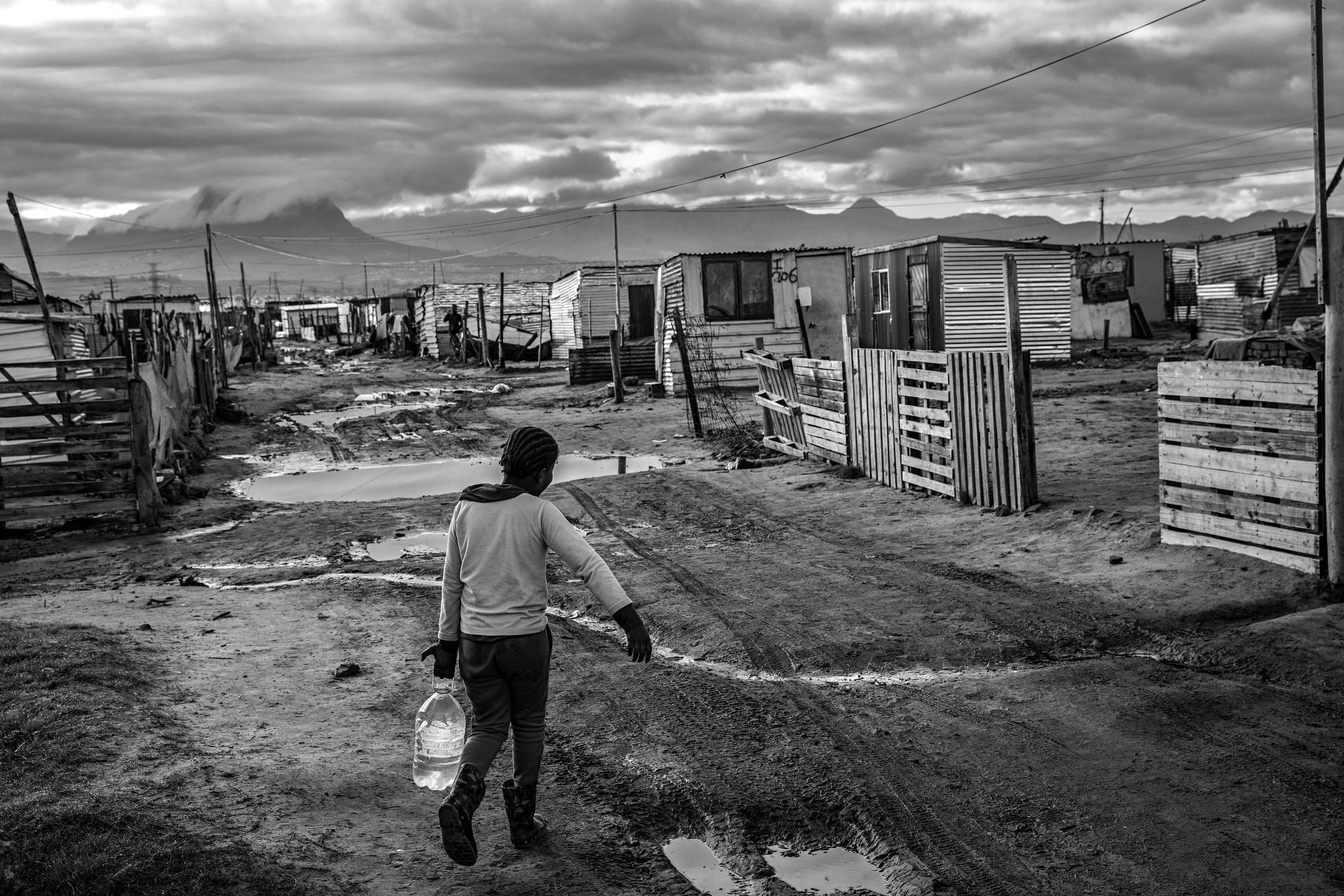

The fate of the township economy, therefore, is bound to the twists and turns of the conglomerate economy. The township economy, therefore, is not an economy in itself at all it is the fringes and, the cracks and crevices of the broader economy. Like the spaza shops, they come into existence as strategies for people to make a living, and they make life easier for their proletarian customers however, at the same time, they expand the distribution of products such as car parts into markets that are not lucrative enough for the companies which produce those parts to market in themselves. Other businesses in the township ‘economy’ (mechanics, panel beaters, upholsterers, small builders, fridge repair, hair and nails, childcare, tent and chair hire and the like) provide services where bigger companies don’t care to find a market because they charge more than the proletariat can pay. But, even without the legal constraints imposed by apartheid, spazas have never graduated to anything greater than the very tail end of Johann Rupert’s and Coca-Cola’s distribution networks. Spaza shops sprang up illegally despite the bad intentions of racist planners. They were intended solely as dormitories for Black workers during apartheid. Townships were designed specifically to not have an economy. Meanwhile, it is the malls that are killing what little ‘township economy’ exists, and it is the continued dominance of large conglomerates throughout the South African economy – not the Somalian or Pakistani trader – that keeps the township economy strangled.

This foolishness reached new heights recently on Tik Tok when someone who had organized to defend the malls from looting now made a long speech telling immigrant traders to stop setting up shop in the townships. Following a xenophobic clause in the Gauteng government’s proposed law about the township economy, now removed because it violates the constitution, we have also heard the notion taken up as thinly disguised code for chasing out immigrant traders. Since the pandemic, we’ve heard several government officials saying that the ‘township economy’ is ‘vital to South Africa’s recovery’.


 0 kommentar(er)
0 kommentar(er)
